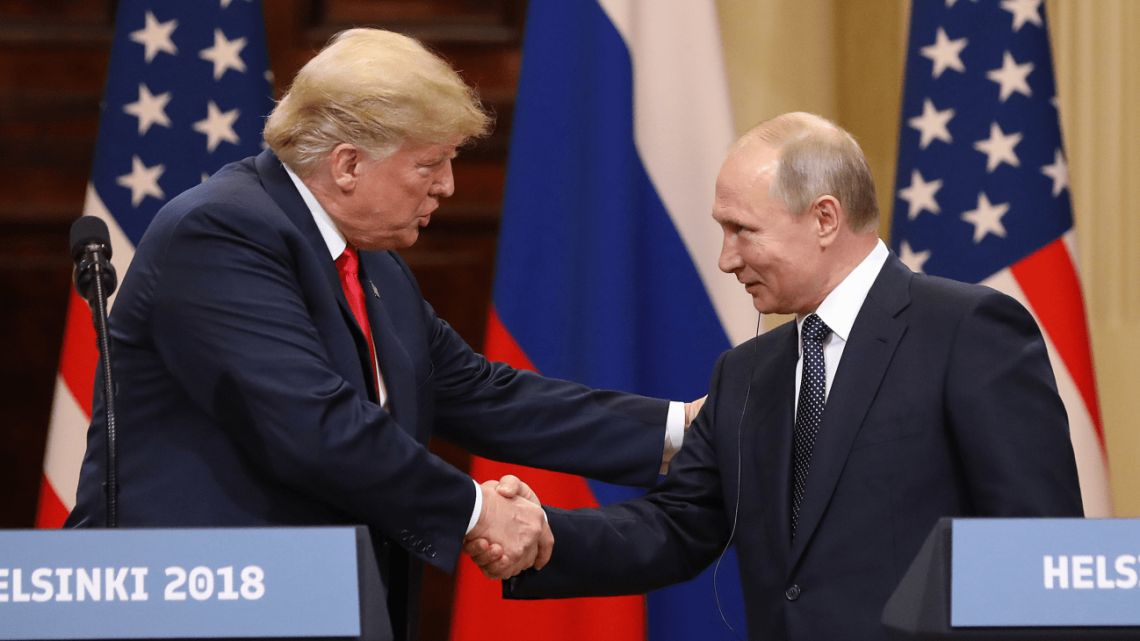Japan’s recent election results have thrown a wrench into U.S. defense plans for the Indo-Pacific region. The ruling Liberal Democratic Party (LDP) lost its majority for the first time in 15 years. This outcome surprised many observers and created uncertainty about future U.S.-Japan defense cooperation.
Prime Minister Shigeru Ishiba now faces difficulties in forming a stable government. The LDP and its coalition partner Komeito secured only 215 out of 465 seats in the lower house. They fell short of the 233 needed for a majority. This result reflects growing public dissatisfaction with the LDP’s policies.
The Democratic Party for the People (DPP) emerged as a key player in the new political landscape. The DPP quadrupled its seats and advocates for reducing Japan’s defense dependence on the U.S. This stance could complicate ongoing U.S.-Japan defense initiatives.
 Japan’s Political Shift Challenges U.S. Defense Strategy in Asia. (Photo Internet reproduction)
Japan’s Political Shift Challenges U.S. Defense Strategy in Asia. (Photo Internet reproduction)Before the election, the U.S. and Japan had made significant progress in defense cooperation. Plans included expanding production of Patriot air defense missiles and advanced medium-range air-to-air missiles. The allies also aimed to upgrade U.S. Forces Japan to a Joint Force Command.
These initiatives formed part of the U.S. strategy to counter China’s growing military influence. The Pentagon recently emphasized the need for industrial collaboration with allies. Japan’s industrial capabilities were seen as crucial for supplementing the U.S. defense industrial base.
Japan’s Political Shift Challenges U.S. Defense Strategy in Asia
However, the election results may force a reassessment of these plans. The DPP’s policy platform calls for bolstering Japan’s domestic defense industry. This approach could clash with U.S. aspirations for an “alliance-wide” industrial base.
Experts warn that focusing solely on domestic production may not be feasible for Japan. The country faces economic challenges and may struggle to compete with China’s larger manufacturing sector. Collaboration with allies remains essential for maintaining a competitive edge.
Historic Summit Reinforces U.S.-Japan Alliance
The political uncertainty also raises questions about the deployment of jointly produced weapons. Debates may arise over their use beyond East Asian security contexts. This could limit the flexibility desired by U.S. strategists.
Despite these challenges, the U.S.-Japan alliance has weathered political changes before. Both nations have strong incentives to maintain robust defense cooperation. The coming months will be crucial in determining how this political shift affects broader U.S. strategy.
The situation underscores the complex interplay between geopolitical strategies and domestic politics. It highlights the need for flexible approaches in maintaining and strengthening alliances. As the Indo-Pacific region faces evolving security challenges, adaptability will be key for both the U.S. and Japan.

 By The Rio Times | Created at 2024-10-31 18:35:32 | Updated at 2024-11-06 20:38:48
6 days ago
By The Rio Times | Created at 2024-10-31 18:35:32 | Updated at 2024-11-06 20:38:48
6 days ago







